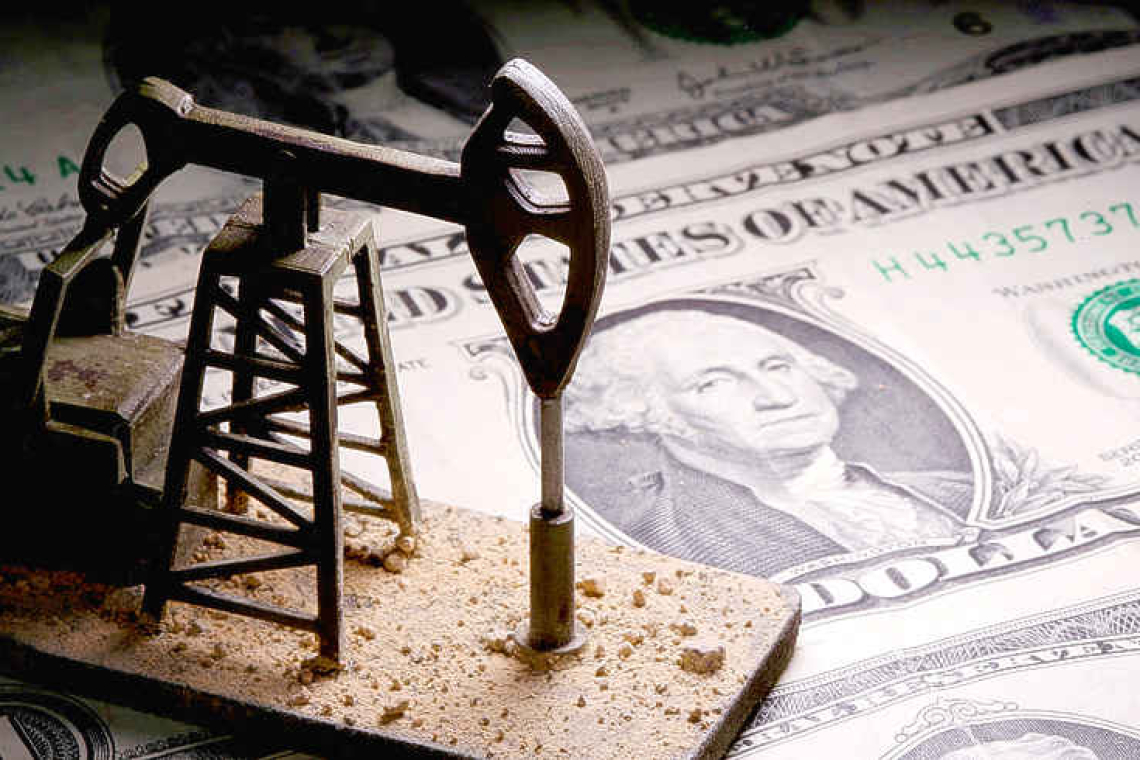WASHINGTON--When OPEC+ made a surprise decision earlier this month to cut oil production, President Joe Biden responded with the political equivalent of a shrug - a far cry from his declaration that there would be “consequences” for Saudi Arabia, the de facto head of the oil cartel, when it lowered output in October. The tepid response reflects, in part, the Biden administration’s view that the production cut may not have as much of an impact on the slowing U.S. and global economy as last year's cuts, which came as oil supplies were still tight. Administration officials believe the U.S., the world's largest oil consumer and global economy have entered a more predictable, less volatile phase. Last year, a rapid-fire COVID recovery that choked supply lines amid surging demand stoked inflation to 40-year highs. This year, gasoline prices have stabilized at lower levels, U.S. oil production is approaching record highs and the job market, while still strong, is cooling down along with inflation, administration officials say. After predicting in January that the US economy was at a "new plateau," the White House slashed its estimates for GDP growth in 2023 to just 0.4% in March. That's down from 1.8% last August, and brings the White House in line with outside economic estimates that have been flashing red about the possibility of a recession for months. Oil prices slipped on Thursday as the prospect of a possible recession in the US offset concerns of tight supply. Minutes from the Fed's last policy meeting, released Wednesday, indicated that banking sector stress could tip the economy into recession. Slowing economy or not, the OPEC move could still complicate Biden's efforts to tame nagging inflation and dampen gasoline prices at home, according to multiple interviews with U.S. officials and analysts. The recent U.S. banking crisis has added another layer of uncertainty to global and U.S. forecasts as well, forecasters warn. Commodity analysts at Goldman Sachs Group increased their year-end price target for Brent crude, the global benchmark, by $5 to $95 per barrel. If it hits $100, that would mean another 50 cents a gallon for gasoline, analysts estimate, pushing prices at the pump above the crucial $4 level. High energy prices have been a major driver of inflation, prompting the U.S. Federal Reserve to impose a series of rate hikes and stoke fears of a recession. “The anticipated increase in oil prices for the rest of the year as a result of these voluntary cuts could fuel global inflation, prompting a more hawkish stance on interest rate hikes from central banks across the world," Victor Ponsford of Rystad Energy said in a research note. Biden came into office vowing to wean the country off fossil fuels, but Russia's invasion of Ukraine got in the way. Record gasoline prices that topped $5 a gallon last year forced the administration to turn to the oil industry to step up production of oil and refined products like gasoline and diesel. Biden lifted smog-reducing rules on summer gasoline to help with prices, significantly drew down the nation’s strategic oil reserves to prop up global supplies and urged the oil industry to produce more products. Current pump prices are hovering around $3.60 a gallon - compared with $4.12 a year ago. Biden has fewer tools to combat high prices this summer, particularly after drawing 180 million barrels from the nation's strategic reserves, bringing inventory to lows not seen since 1984. Discussions with refiners about expanding capacity or limiting fuel exports have dried up since last summer, oil executives told Reuters.







